 MAHSA UNIVERSITY
MAHSA UNIVERSITY
IntroductionMAHSA was founded in the year 2005 by Professor Tan Sri Dr. Hj. Mohamed Haniffa who is Pro-Chancellor and Executive Chairman. It was founded in Pusat Bandar Damansara in 2005 as a college, and was upgraded to university status in 2009. Professor Haniffa is a clinical practitioner of Medicine whose vision involves the creation of a stronghold of academic excellence in Medicine, Dentistry, Pharmacy, Nursing and Allied Health Sciences, Business and Engineering in the South-East Asian region.
This vision will produce qualified and compassionate professionals to serve the needs of the nation, in line with the Prime Minister’s vision that Malaysia should become a centre for academic excellence.
The new 48 acres campus in Bandar Saujana Putra, is the embodiment of that vision. Today MAHSA University has students from 61 different countries. And not just from the region of Asia, but as far as Australia, United Kingdom, the United States of America and Canada.
About MAHSA
MAHSA University is a private medical university in Petaling Jaya, Malaysia. MAHSA University has been a renowned and esteemed private institution of higher education since its inception in 2005. MAHSA has continuously taken pride in offering comprehensive teaching methods, highly-effective industry and clinical trainings as well as up-to-date student facilities to enhance our culturally diverse student body. Today, MAHSA has blossomed into an edifice that garners respect and passion from our graduates as well as the public.
A steady growth from its humble beginnings has led MAHSA to what it is today, an institution spread over two strategically placed campuses, offering almost 40 different programmes to suit the needs of the global job market. In its plans for an upward growth trajectory, an ultra modenr, purpose-built campus is being built in Bandar Saujana Putra.
MAHSA offers programmes in various levels, from foundation and diploma to degree and postgraduate programmes in fields such as the American Degree Transfer Program as well as Healthcare programmes such as Medicine, Dentistry, Pharmacy, Physiotherapy, Nursing, Biomedical Sciences, Radiography, Environmental Health as well as Business, Accounting & Engineering.
MAHSA University students have a vibrant and diverse student life that caters to the melting pot of cultures on campus. Various clubs and societies that focus on sporting activities, cultural events and fun entertainment encourage MAHSA students to build and harness their confidence and leadership skills. All students are given opportunities to participate in campus activities to provide a healthy balance to their already dynamic academic life.
In keeping with its development into an edifice of success and stature in the Malaysian education realm, MAHSA University currently anticipates the completion of a modern and technologically superior campus in Bandar Saujana Putra which will consist of academic facilities. Internationally competitive, the new campus will have student housing, a sports stadium, a hotel and even a hospital to provide a complete education experience for all MAHSA students.
MAHSA University looks forward to contributing to excellent education standards in the global education landscape by continuing to produce competent graduates with an edge above the rest.
Campus TourThe best way to see that this is truly a great university, is to visit MAHSA campus.
Student-led campus tours are a great way to freely explore the campus facilities. Points of interest include student accommodation, the library, recreational areas, lecture halls, amphitheatre, football field, student cafeteria, sports gymnasiums, health services centre and student hangout places.
Faculty of Medical & Biomedical SciencesMAHSA University’s Faculty of Medicine and Biomedical Science offers the best modern and traditional modes of learning, which includes subject-based, system-synchronized curricula across all its programmes.
The faculty hosts a broad range of programmes, from diploma to degree and postgraduate qualifications, in either Medicine or Biomedical Sciences. All programmes are lecture-driven by highly experienced lecturers using innovative methods such as problem-based learning (PBL), e-learning, early clinical exposure (ECE) and small group sessions (with movies, debates, and role play). Students are thus immersed in a dynamic learning environment that optimises their academic experience.
Core teaching skills are further enhanced by our modern facilities, which features ultra-modern wet and dry anatomy laboratories, biomedical science laboratories, Computer Assisted Learning (CAL), and integrated digital laboratories. With an integrated faculty structure, these state-of-the-art facilities and expertise of lecturers are available across all programmes in the faculty.
Faculty of DentistryDentistry is a complex field as it is both challenging and rewarding. Dentistry is the art and science of prevention and treatment of diseases of the oral cavity and associated with maxillofacial region. A dental surgeon provides professional support to the community to achieve and maintain optimum oral health.
MAHSA’s Faculty of Dentistry is committed to mentor our students in all levels of dental science. It offers 3 different programmes, Doctor of Dental Surgery, Diploma in Dental Technology and Certificate of Dental Surgery Assistant.
Faculty of PharmacyThe study of pharmacy is mainly concerned with the action of drugs on biological systems and their applications for human drug therapy.
Pharmacists are health professionals who dispense medications prescribed by physicians and other health practitioners. They provide professional advice on the selection, dosages, interactions and side effects of medications on the selection, dosages, interactions, and side effects of medications. Most pharmacists work in a community setting, such as a retail drug store, or in a hospital or clinic.
MAHSA’s pharmacy programmes are built on a foundation of experience, taught by highly skilled practitioners, constantly updated and includes creative virtual and real world experiences to equip you for modern practice.
Faculty of Nursing and MidwiferyMAHSA University was the first private university in Malaysia to offer all levels of academic studies in Nursing and Midwifery.
The faculty consists of highly qualified professionals who are committed to help students become the best that they can be and strike a balance between theory and practice. Nursing skills are taught in our well-equipped skills laboratories and simulation wards as well as government hospitals and community health facilities in Malaysia. All crucial clinical skills are taught under the careful guidance of lecturers.
MAHSA University also provides excellent student support services such as an extensive library, mentor-mentee programme and English classes to assist students in developing their language skills. These support system are vital to enhance the learning experience of our students.
Since the year 2005, the Faculty of Nursing and Midwifery has produced over 10,000 graduates. These successful individuals have gone on to embark on promising careers in Saudi Arabia, Dubai, United Kingdom, Australia, Singapore and Malaysia.
Faculty of Health & Sports ScienceThe Faculty of Health and Sport Sciences (FHSS) started under MAHSA College in 2005 with three departments: Department of Environmental Health, Department of Medical Imaging, and Department of Physiotherapy. When the addition of a forth department: the Department of Sport Science, as part of the expansion plan, the Faculty of Health and Sports Science was established.
All programmes have gained full accreditation from the Malaysian Qualification Agency (MQA), which allows our graduates to seek employment in both private and public sectors, or to further their studies locally or abroad. Health and Sport Sciences are fields that promote health, wellness and overall wellbeing. Professionals in these fields serve the needs of a growing global demand in physiotherapy, sports science, environmental health, and medical imaging.
Faculty of Business, Finance and HospitalityThe Faculty of Business, Finance and Hospitality offers industry focused programmes designed to reflect global market trends. Our students come from all over the world to pursue an education in business, management, accounting, finance, human resources and marketing.
As the youngest and fastest growing faculty, MAHSA’s Faculty of Business, Finance and Hospitality consists of a richly diverse and professional teaching team. Additionally, our strong collaborations with national and international professional bodies have contributed in a holistic learning for our students, as they to step into the real world of business.
Our approach is to build character in our students with the needed acumen for success. We offer a range of programmes from diploma to degree and masters level. As a signatory member of PRME, Principles of Responsible Management Education, a United Nation Global Compact initiative, MAHSA’s Faculty of Business, Finance and Hospitality shares the same mission to inspire and champion responsible management education, research and thought leadership globally.
With PRME we focus in infusing taught concepts of ethics, corporate governance and human governance into our curriculum.
Faculty of Engineering & Information TechnologyEngineers are well positioned to address a variety of the crucial engineering issues facing societies today. Engineers are highly sought after in the areas of Health, Information & Energy.
Centre for Pre-University StudiesMAHSA University Foundation programmes prepare students for entry into various degree courses in the university with the knowledge to compete academically with students who possess STPM, A-Level or other equivalent pre-university qualifications.
The programmes are designed to be intensive and academically rewarding. Our track record has proven that students from the MAHSA Foundation programme have achieved higher success rates at the end of their first year of studies in MBBS, Dentistry, Pharmacy, Biomedical Science, Physiotherapy, Medical Imaging and other degree programmes.
The Centre for Pre-University Studies provides students with a learning environment that helps them to adapt into the vital transition from school-based learning to university-based learning, thus creating a sense of familiarity with the university’s learning system a year prior to degree programme entry.
CampusesMAHSA University has 2 branch campuses namely MU-Jalan University Campus in KL and Saujana Putra Campus, Selangor.
Link:
http://mahsa.edu.my/Additional Info:
 MAHSA COLLEGE SABAH
MAHSA COLLEGE SABAHMAHSA College Sabah (MCS) was established on 22 November 2011 as an extension of MAHSA University. MCS is located in the 1Borneo Hypermall Kota Kinabalu. MCS is a premier institution of higher learning that is now expanding and introducing new programmes to meet market demand in Sabah and Sarawak.
Why Mahsa College SabahMAHSA College Sabah’s academic staff are highly experienced professionals within their respective fields and expertise. Students benefit from learning both the theoretical aspects as well as practical skills from their experienced lecturers. Sabah is well known for its multicultural background, comprising a total of 42 ethnic groups and over 200 sub-ethnic groups. Students are enriched by this experience in making friends from different backgrounds as we embrace and celebrate our uniqueness. MAHSA College Sabah offers students extensive on-campus support, to ensure seamless support between all its departments. There is a qualified Youth Counsellor and Student Affairs staff to support students out of class.Lecture Halls, Classrooms, Laboratories, Skill Rooms and Computer Lab are equipped with efficient facilities for teaching and learning.
The student affairs department strives in making sure that campus life is fulfilling and enriched. This is achieved with various extracurricular activities such as sports, events organized by various departments in MCSC and collaborations with external parties, students council, student clubs and other activities.
The Library, Student Lounge, and Study Areas have a conducive and comfortable learning environment for students. Affordable accommodation is available very near to the campus. A reliable 24 hours security and assigned warden ensure the safety of the students. Shuttle buses are available every day to send students to and from campus. Every student is assigned to a mentor. The mentor provides guidance to the students on academic advice and supports them in their journey towards their chosen careers.
The programmes offered in MAHSA College Sabah are specifically designed in consultation with industry partners to ensure graduates are at the highest level of quality and relevant to the industry needs. All its programmes are very affordable and students are eligible for PTPTN loan.
MAHSA College Sabah is located in 1Borneo Hypermall, which is the largest shopping complex in East Malaysia. Among the advantages of having the campus here are the various food outlets, spacious parking lots, nearby hotels for accommodation, supermarkets, and many more. The Kota Kinabalu city center is within 10 minutes drive and the campus is only 20 minutes away from the Kota Kinabalu International Airport. Local transportation such as public buses and taxis are available around the clock. Students are also able to use the app based rides of UBER and GRAB.
PROGRAMS:
- Diploma in Physiotherapy
- Diploma in Medical Imaging
- Diploma in Medical Laboratory Technology
- Diploma in Environmental Health
- Diploma in Pharmacy
- Diploma in Business Administration
- Diploma in Accounting
- Diploma in Entrepreneurship
- Foundation in Science
- Certificate in Business Studies
Link:
https://www.mahsasabah.edu.my/ MAHSA PRIMA INTERNATIONAL COLLEGE
MAHSA PRIMA INTERNATIONAL COLLEGEMAHSA Prima International College’s teaching staff are highly qualified and come with industry experience to help you acquire the knowledge and skills that employers will appreciate. The curriculum at MAHSA Prima International College is designed based on consultation with the industry experts to ensure they always stay relevant. Their graduates are highly employable as they are career ready. Successful graduates from MAHSA Prima International College are given preferred admission to MAHSA University degree programmes. MAHSA Prima International College is only 15 minutes away from major highways in Klang Valley, such as LDP, Sprint, Kerinchi and Federal. Parking is also ample and safe for those prefer to drive. All programmes offered at MAHSA Prima International College are very affordable and Malaysian students are eligible for PTPTN loan.
PROGRAMS:
- DIPLOMA IN GRAPHIC DESIGN
- DIPLOMA IN MASS COMMUNICATION DIPLOMA IN INFORMATION TECHNOLOGY
- DIPLOMA IN BUSINESS
- DIPLOMA IN ACCOUNTING
- CERTIFICATE IN BUSINESS
- GROUP DIPLOMA IN ACCOUNTING LEVEL 3 LCCI
Link:
http://www.mpic.edu.my/This post has been edited by Protoculture: Mar 19 2019, 02:26 PM 


 Mar 28 2016, 01:56 PM, updated 7y ago
Mar 28 2016, 01:56 PM, updated 7y ago
 Quote
Quote





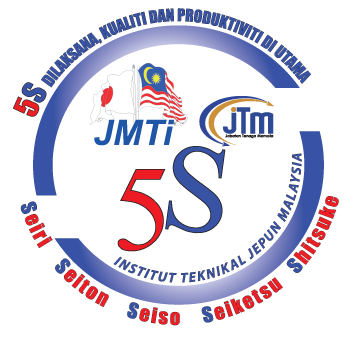
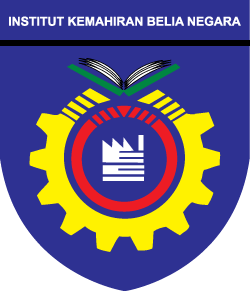



.png)











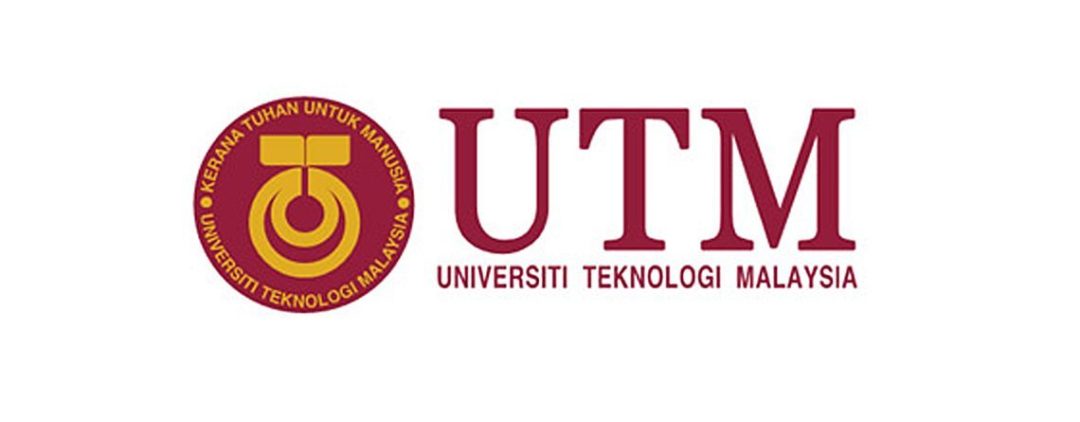




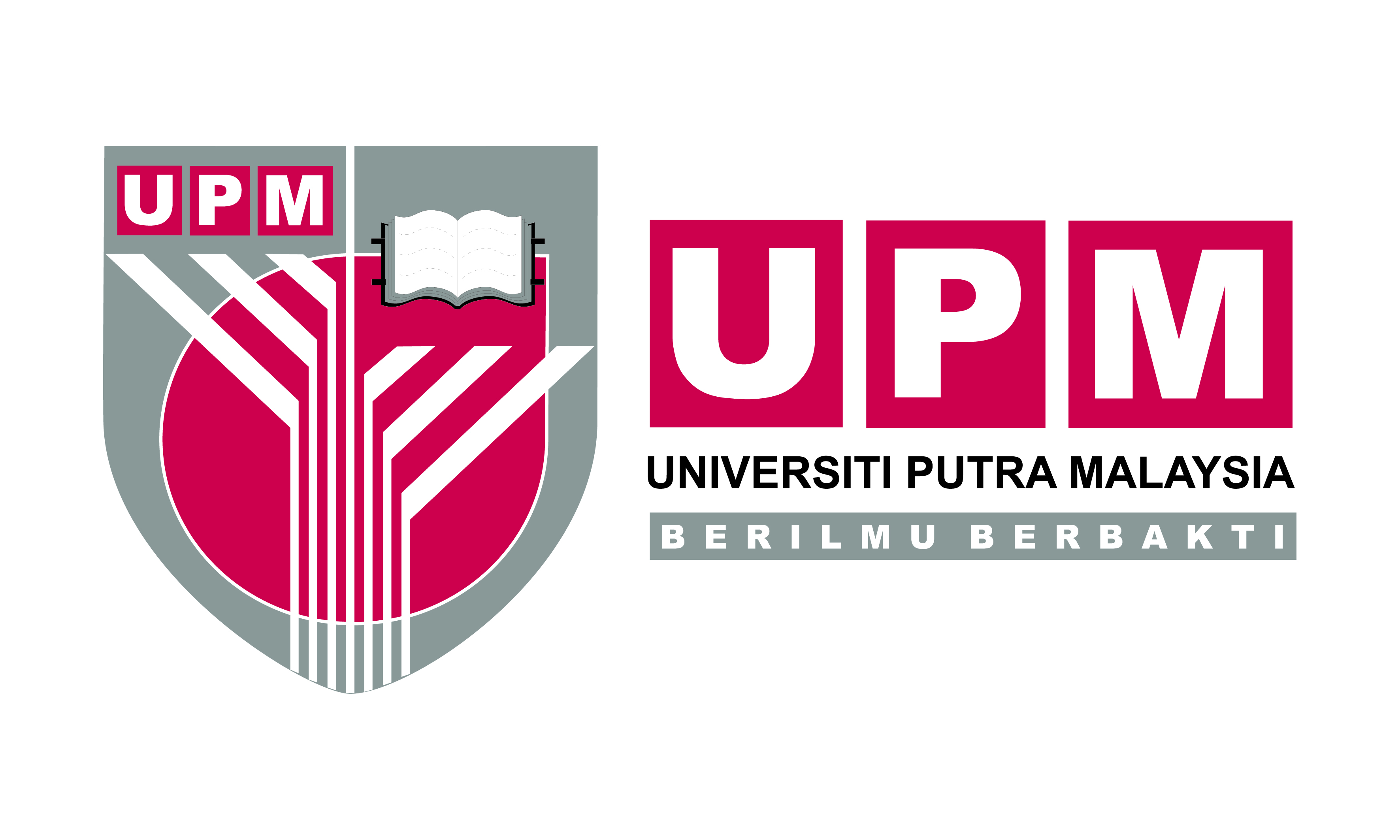
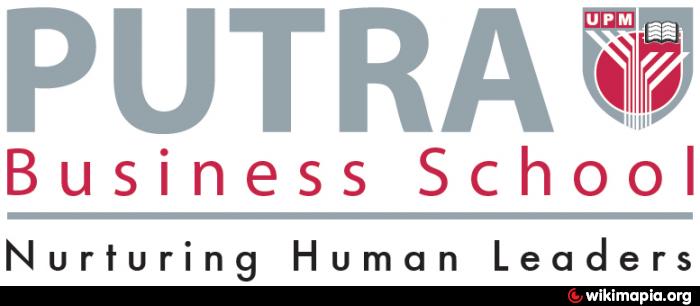


.png)
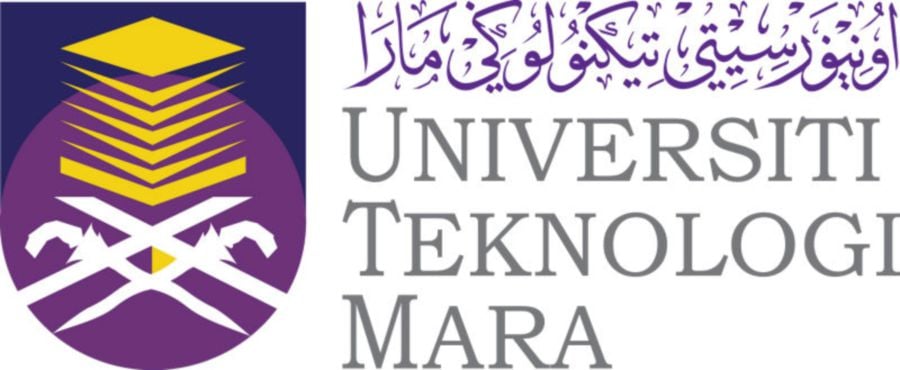
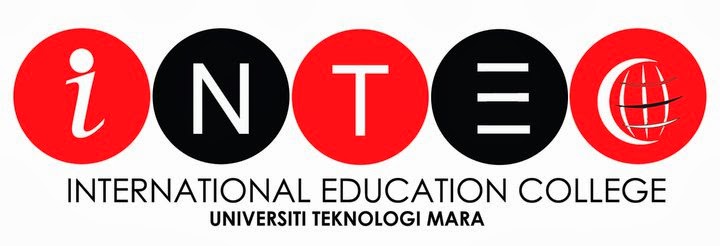.jpg)
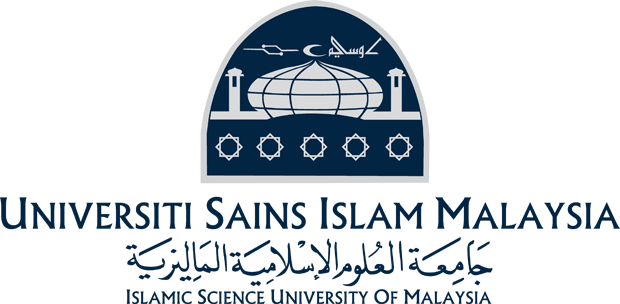



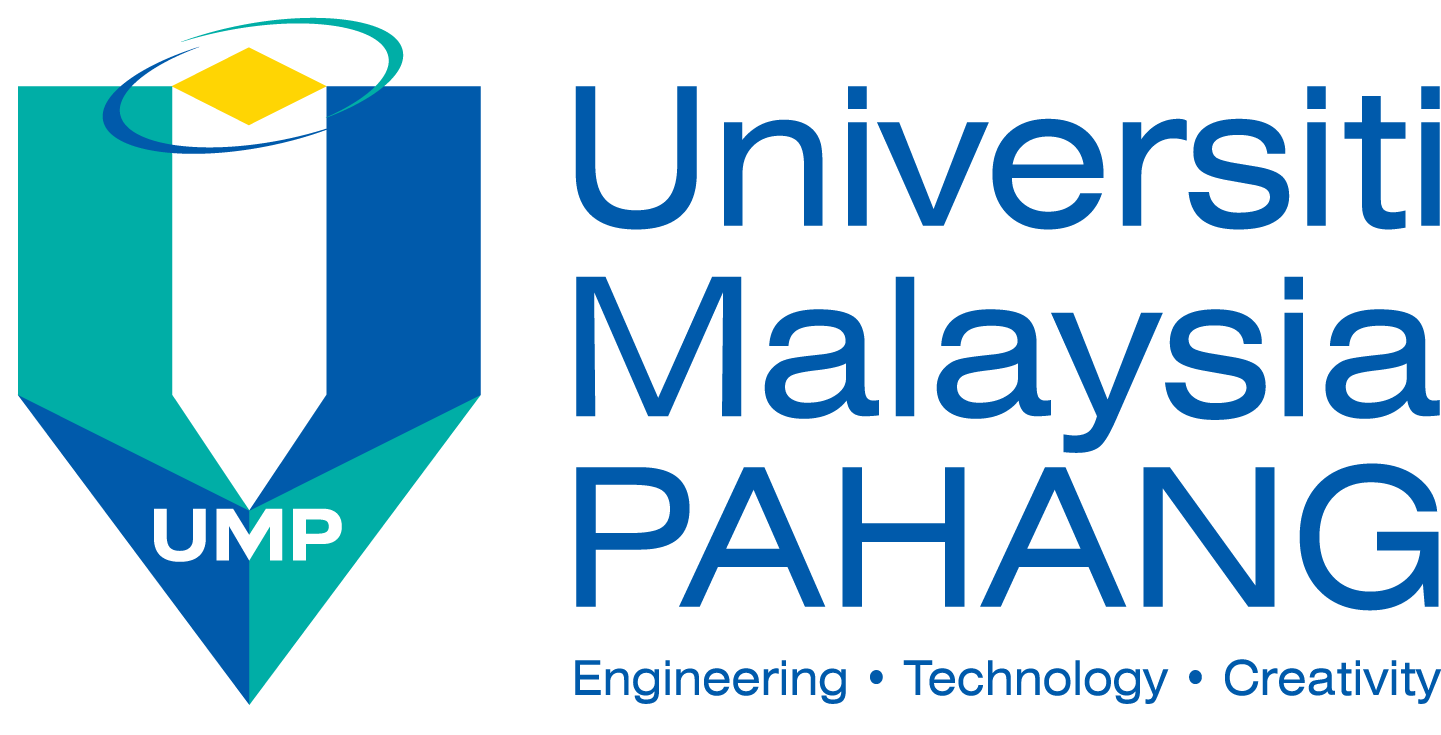




.png)


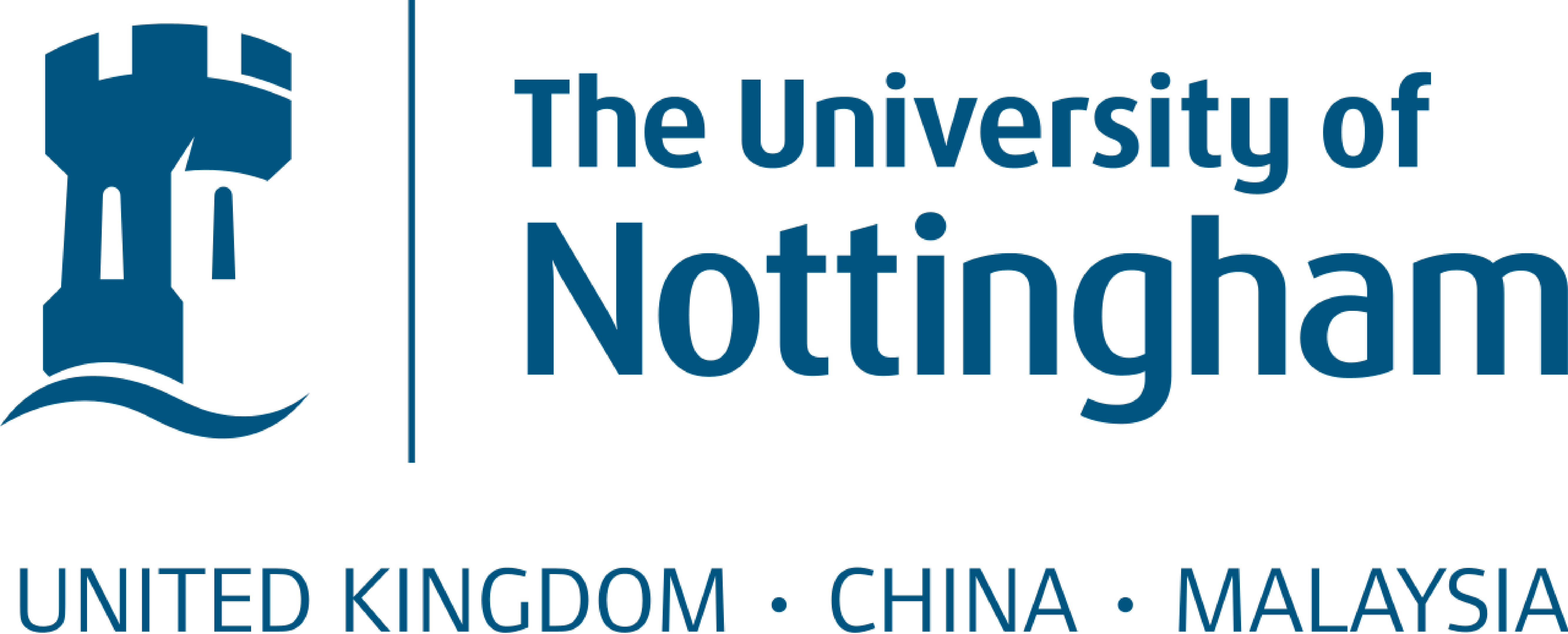












.jpg)


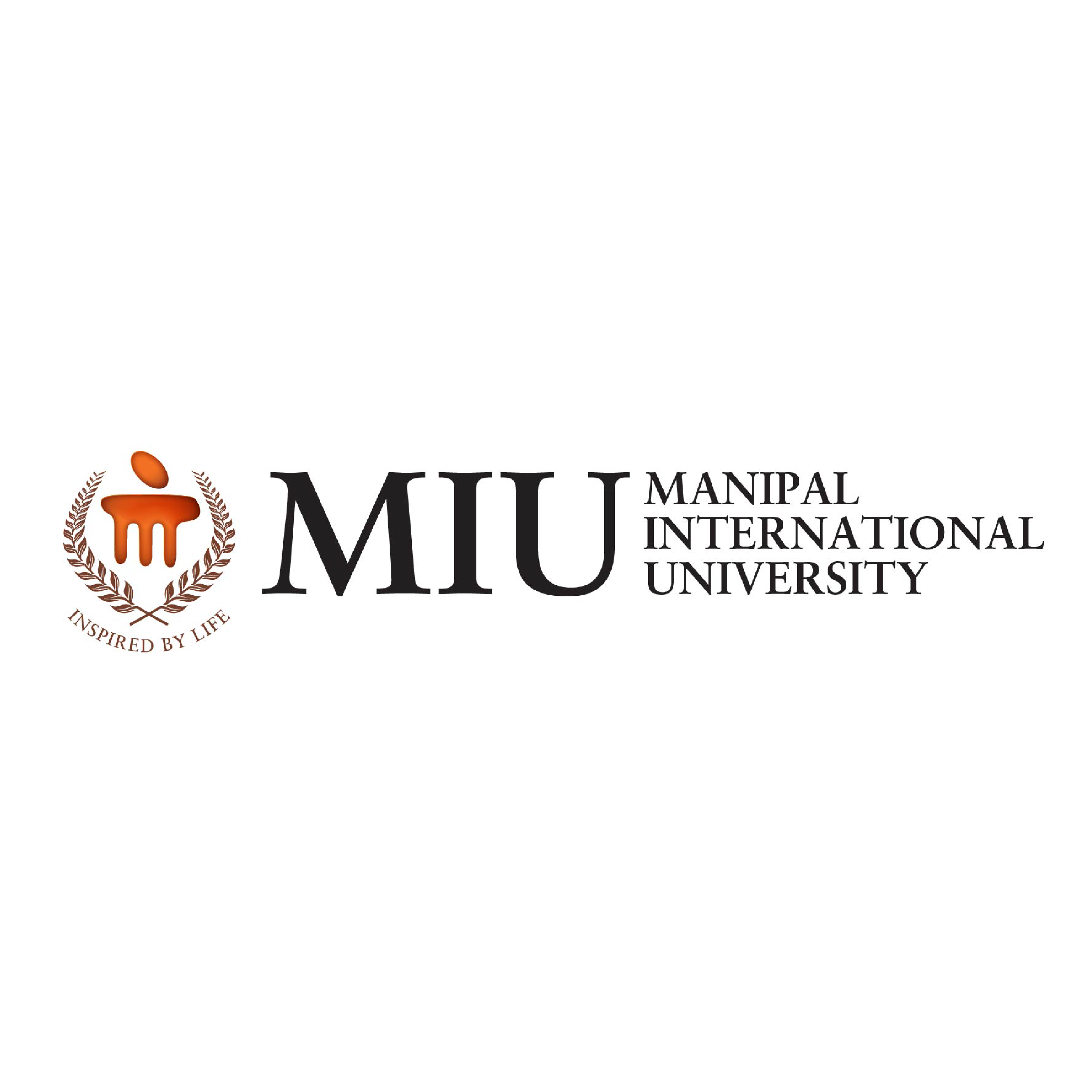





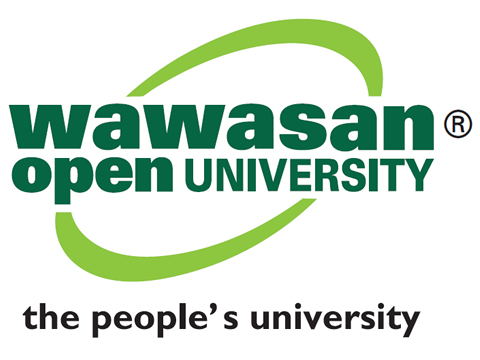



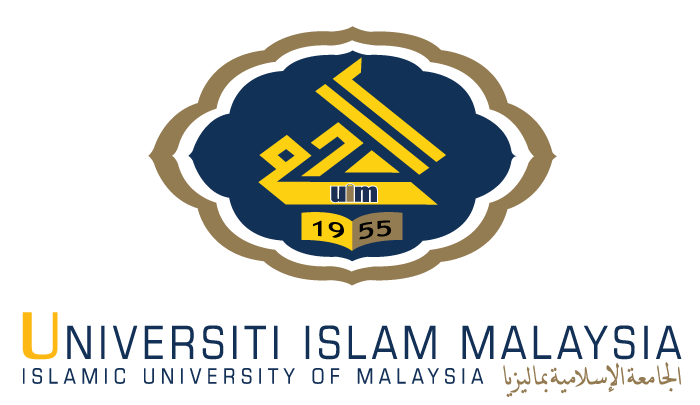









.png)


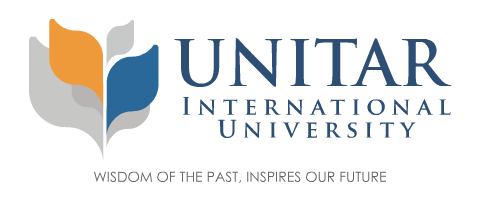
.png)












 0.0723sec
0.0723sec
 0.54
0.54
 6 queries
6 queries
 GZIP Disabled
GZIP Disabled